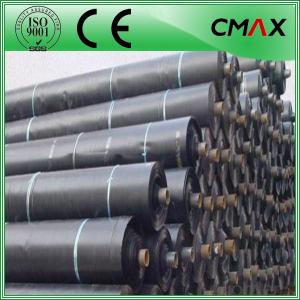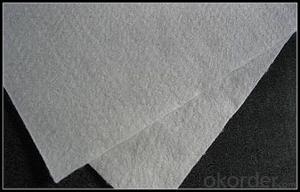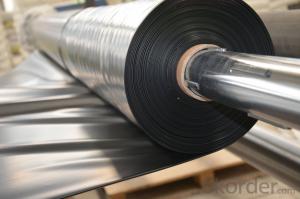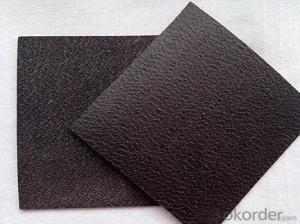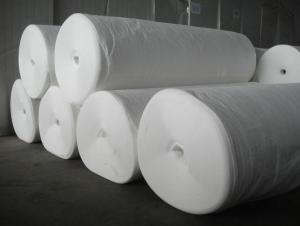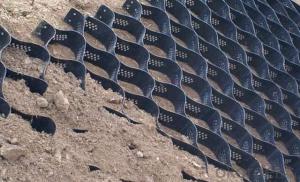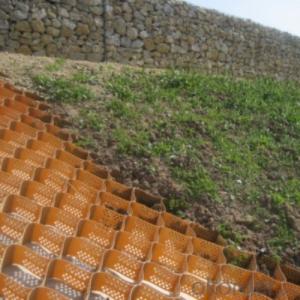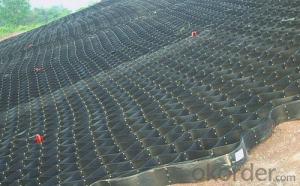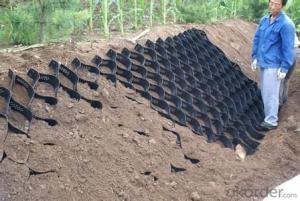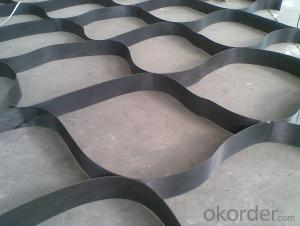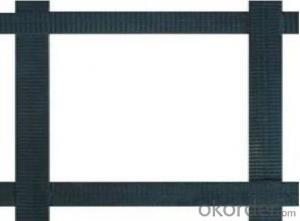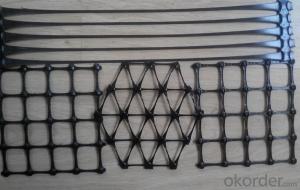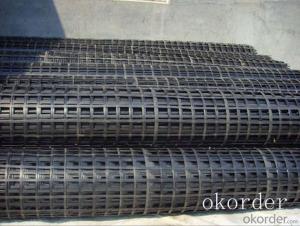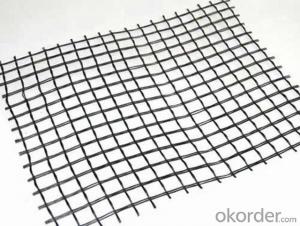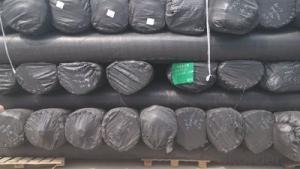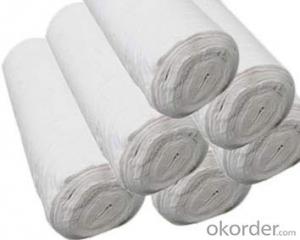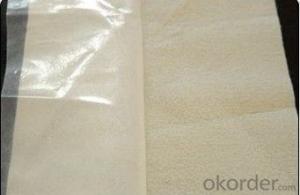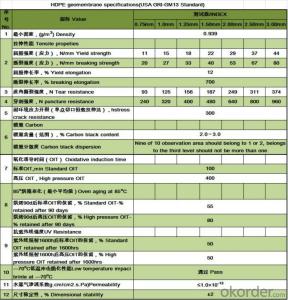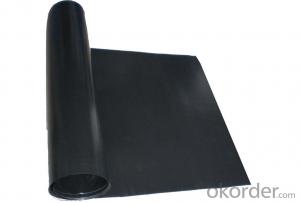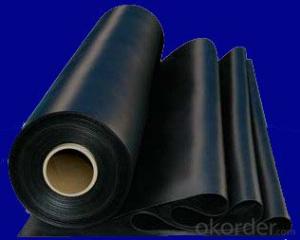All Categories
- - Steel Wire Rod
- - Steel Coils
- - Steel Profiles
- - Steel Pipes
- - Stainless Steel
- - Tinplate
- - Special Steel
- - Steel Sheets
- - Steel Rebars
- - Steel Strips
- - Hot Rolled Steel
- - Cold Rolled Steel
- - Pre-painted Steel
- - Seamless Steel Pipe
- - Welded Steel Pipe
- - Hollow Steel Tubes
- - Galvanized Pipe
- - Stainless Steel Coil
- - Stainless Steel Sheet
- - Stainless Steel Plate
- - Stainless Steel Strips
- - Electrolytic Tinplate Coil
- - Electrolytic Tinplate Sheet
- - Stainless Steel Rebars
- - Solar Panels
- - Solar Water Heater
- - Solar Related Products
- - Solar Inverter
- - Solar Cells
- - Solar Light
- - Solar Energy Systems
- - Solar Controllers
- - Solar Mounting System
- - Solar Pump
- - Solar Chargers
- - Fiberglass Chopped Strand
- - Fiberglass Mesh Cloth
- - Composite Pipes
- - FRP Pultrusion Profiles
- - Fiberglass Mat Tissue
- - Fiberglass Fabrics
- - Fiberglass Mesh
- - Composite Tank
- - Fiberglass Mesh tape
- - Polymer
- - FRP Roofing Panel
- - Fiberglass Roving
- - Monolithic Refractories
- - Ceramic Fiber Products
- - Refractory Bricks
- - Raw Materials For Refractory
- - Suspended Platform
- - Cranes
- - Concrete Machinery
- - Earthmoving Machinery
- - Building Hoist
- - Road Building Machinery
- - Plastic Pipe Fittings
- - Plastic Tubes
- - Plastic Sheets
- - Agricultural Plastic Products
- - Plastic Nets
 All Categories
All Categories
Q & A
What environmental regulations and permits apply to earthwork near water bodies?
There are several environmental regulations and permits that apply to earthwork near water bodies. These regulations are in place to protect water quality, aquatic habitats, and prevent erosion. Some common permits include the Clean Water Act Section 404 permit, which regulates the discharge of dredged or fill material into waters of the United States, and the National Pollutant Discharge Elimination System permit, which controls stormwater runoff from construction sites. Additionally, state and local regulations may require permits for activities such as grading, excavation, or streambank stabilization near water bodies. It is important to consult with the appropriate regulatory agencies and obtain the necessary permits before conducting any earthwork near water bodies to ensure compliance with environmental regulations.
What measures are taken to control dust emissions during earthwork operations?
There are several measures that can be taken to control dust emissions during earthwork operations. Some common methods include implementing water suppression techniques such as watering down the work area, using dust control additives, covering loose materials with tarps or geotextiles, and employing dust control equipment like water trucks or dust suppression systems. Additionally, minimizing vehicle speeds, controlling traffic flow, and implementing proper site management practices can also help reduce dust emissions in earthwork operations.
How do changes in temperature and humidity affect soil behavior in earthwork?
Changes in temperature and humidity can significantly impact soil behavior in earthwork. Temperature fluctuations can cause soil to expand and contract, leading to changes in its volume and stability. Higher temperatures can also cause soil to dry out, reducing its cohesion and increasing the risk of soil erosion. On the other hand, increased humidity can make the soil more saturated, reducing its shear strength and potentially causing instability. Therefore, understanding and considering the effects of temperature and humidity is crucial in ensuring the stability and safety of earthwork projects.
Wholesale Earthwork from supplier in Mozambique
With our team of experienced professionals and state-of-the-art equipment, we can handle a wide range of Earthwork projects, including excavation, site preparation, grading, and land leveling. We understand the unique challenges and requirements of working in Mozambique, and our local expertise allows us to navigate complex regulations and cultural nuances.
Our Earthwork products are sourced from trusted manufacturers and suppliers, ensuring high quality and reliability. We offer a comprehensive range of products, including construction aggregates, fill materials, erosion control products, and geosynthetics. Whether you need materials for road construction, building foundations, or landscaping projects, we have you covered.
In addition to our product offerings, we also provide a range of services to support your Earthwork projects. Our dedicated sales team is available to assist you with product selection, pricing, and placing orders. We also offer detailed quotations, providing you with clear and transparent cost estimates for your projects.
Furthermore, our technical support team is always ready to assist you with any inquiries or challenges you may face during your Earthwork projects. Whether you need guidance on the proper use of our products or require advice on project planning and execution, our experts are here to help.
At CNBM Mozambique, we prioritize customer satisfaction and project success. We strive to build long-term relationships with our clients, based on trust, reliability, and exceptional service. No matter the size or complexity of your Earthwork project, you can rely on us to deliver the solutions you need.
Contact us today to discuss your Earthwork requirements and discover how we can contribute to the success of your projects in Mozambique.
Our Earthwork products are sourced from trusted manufacturers and suppliers, ensuring high quality and reliability. We offer a comprehensive range of products, including construction aggregates, fill materials, erosion control products, and geosynthetics. Whether you need materials for road construction, building foundations, or landscaping projects, we have you covered.
In addition to our product offerings, we also provide a range of services to support your Earthwork projects. Our dedicated sales team is available to assist you with product selection, pricing, and placing orders. We also offer detailed quotations, providing you with clear and transparent cost estimates for your projects.
Furthermore, our technical support team is always ready to assist you with any inquiries or challenges you may face during your Earthwork projects. Whether you need guidance on the proper use of our products or require advice on project planning and execution, our experts are here to help.
At CNBM Mozambique, we prioritize customer satisfaction and project success. We strive to build long-term relationships with our clients, based on trust, reliability, and exceptional service. No matter the size or complexity of your Earthwork project, you can rely on us to deliver the solutions you need.
Contact us today to discuss your Earthwork requirements and discover how we can contribute to the success of your projects in Mozambique.
